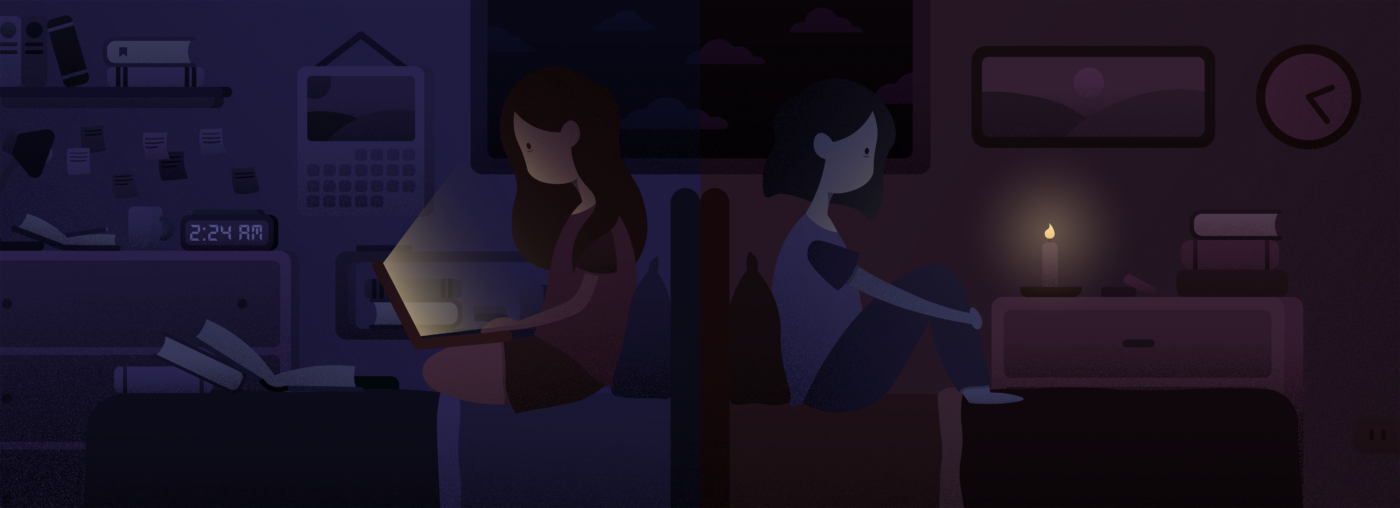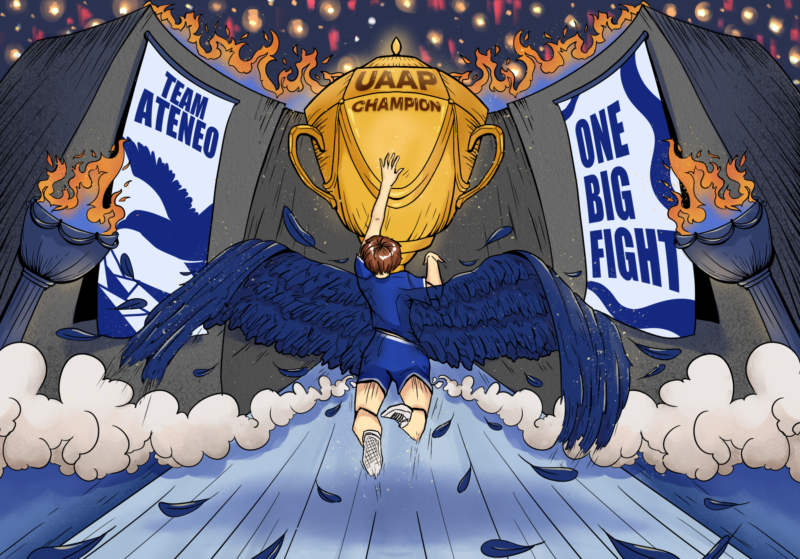AS FAMILIES’ sources of income took major blows during the COVID-19 pandemic, education has been put on hold for many young Filipinos. The surge of unenrolled students this year for basic education alone amounted to over 7 million students, revealing the cracks behind an inequitable educational system. Students left behind this year may later resume their education only to find an imbalanced playing field where economic recovery will be a steeper climb.
A one-year absence from school spells long-term losses for unenrolled students, especially college students who are expected to become breadwinners. “Household heads who have a college education [have] a 25% greater chance of moving up the socioeconomic ladder,” Ateneo Economics Chair Philip Arnold Tuaño said.
Tuaño added that a one-year delay means a much later graduation, and a later time that children could start working and helping their families. The education delay, along with the worsened inequality from the economic recession brought by COVID-19, only adds uncertainty to these families’ futures. To make up for lost learning time, Tuaño posits that many unenrolled college students will look for work to allay financial bleeding in the household.
Earning income will then become more imperative for students who cannot afford online learning as the return to face-to-face classes is contingent on the discovery of a vaccine.
However, Tuaño points out that options are meager for unenrolled college students as they only qualify for high school graduate jobs. These consist of formal jobs in sales, service work, and manual labor in factories, as well as informal work in wet or dry markets, trading, or freelance jobs. Still, the labor market is especially vulnerable due to unstable employment and the workforce’s reduced capacity in the face of a public health crisis and economic recession.
Tuaño mentioned that more alternative learning modes may help those who have stopped their studies, such as open universities where students can earn college degrees at their own pace and time. Another issue Tuaño points to is the decreasing state support for the education sector in the last decade which has put the Philippines behind in enrollment and graduation rates among other Asian countries.
Aside from investing more in education, Tuaño also noted the need for long-term social service provisions for lower-income Filipinos who bear the brunt of economic crises. Meanwhile, the Philippine Business for Education said that lifting the blanket ban on face-to-face class and giving local education officials room to decide may help lighten these strains on other parts of the country. Ultimately, the COVID-19 pandemic’s effects on the countless students who were left behind go beyond mere academic delays. Aside from making up for subjects, they will also have to catch up to unseen economic losses—from lost potential income to family financial security—that are results of their lost years in school.




